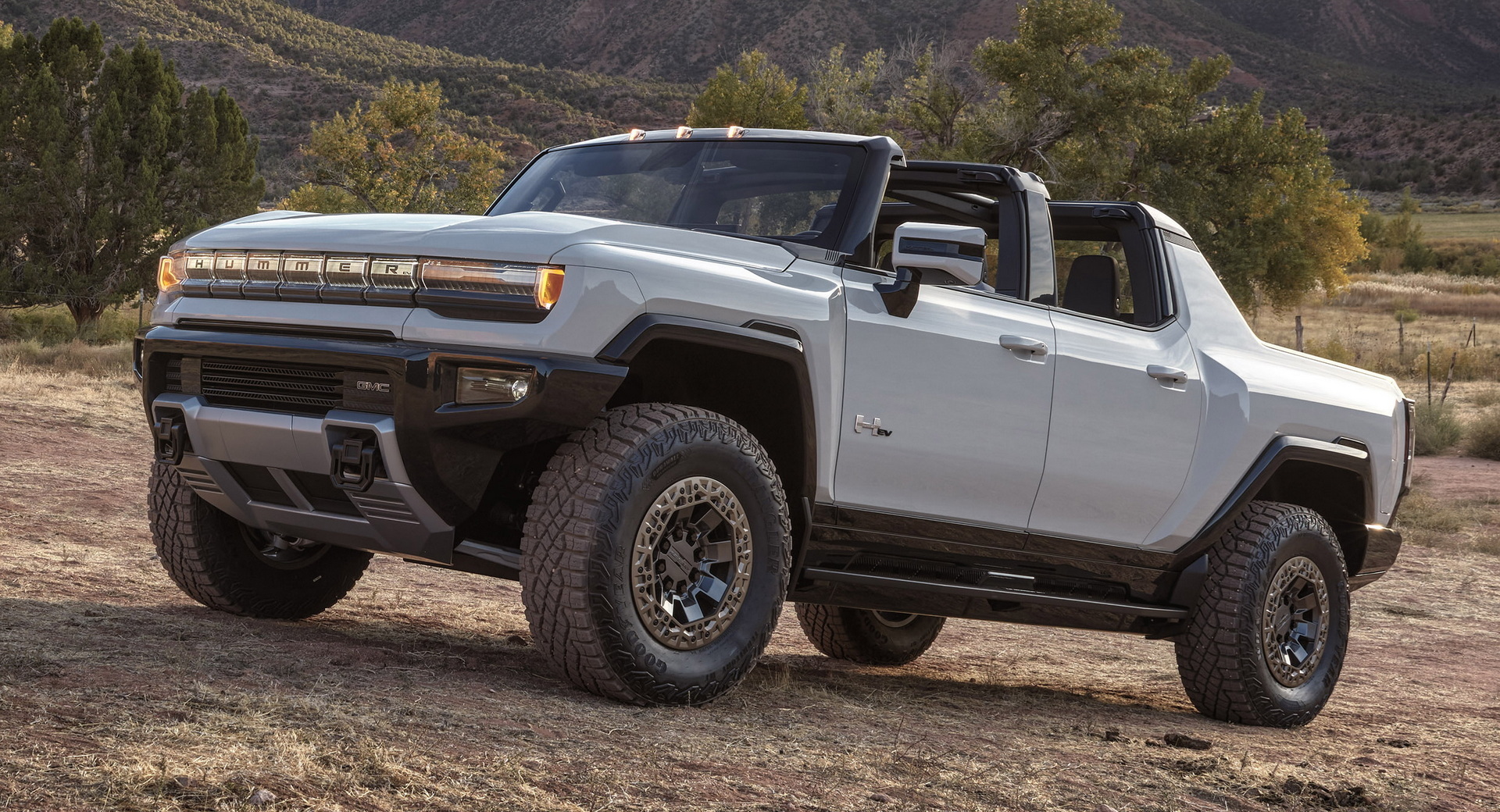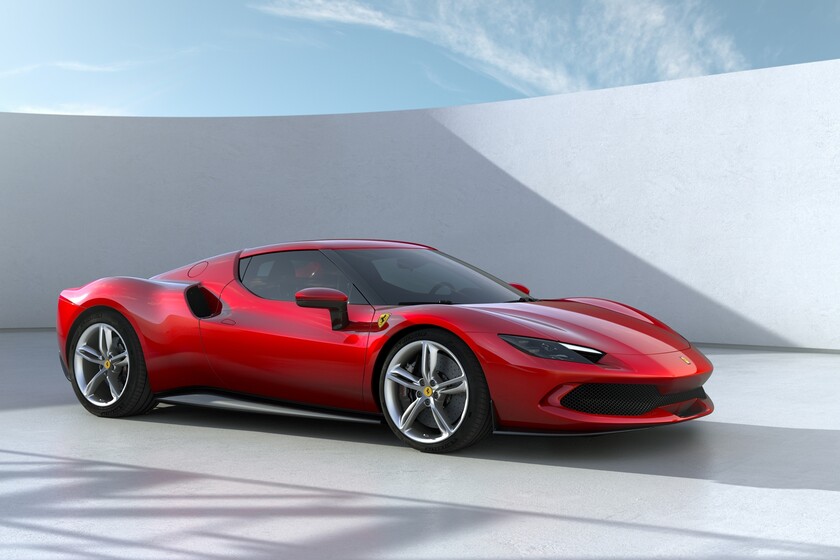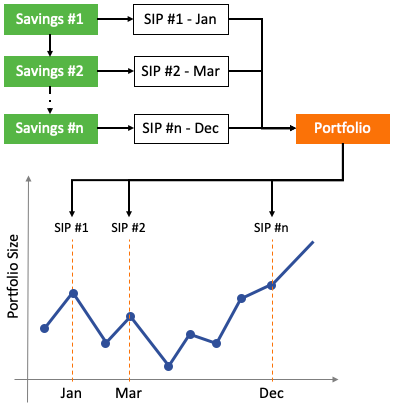Luxury Carmakers Face Headwinds In China: Case Studies Of BMW And Porsche

Table of Contents
The Evolving Chinese Luxury Car Market
The Chinese luxury car market is no longer the predictable arena it once was. Consumer preferences are changing at a rapid pace, driven by several key factors. Increased brand awareness of domestic players, a surge in demand for electric vehicles (EVs), and a focus on technological innovation are reshaping the competitive landscape.
- Rising Middle Class: The burgeoning Chinese middle class fuels significant growth in luxury car sales, but their preferences are diverse and discerning.
- Electric Vehicle Revolution: The shift towards electric and hybrid vehicles is undeniable. Chinese consumers are increasingly eco-conscious and technologically savvy, favoring brands that offer innovative EV options.
- Domestic Competition: Domestic brands like Nio, BYD, and Xpeng are aggressively challenging established luxury players, offering competitive pricing and technologically advanced features tailored to the local market. This intense competition is squeezing profit margins for international brands.
- Shifting Brand Loyalty: Traditional brand loyalty is weakening. Chinese consumers are more willing to explore different brands based on features, technology, and value proposition, rather than solely relying on established prestige.
Market research indicates a significant increase in sales of luxury SUVs and EVs, while the demand for traditional gasoline-powered sedans is stagnating. Understanding this segmentation is crucial for luxury carmakers to tailor their product offerings and marketing strategies effectively.
Case Study: BMW's Challenges and Strategies in China
BMW, a long-standing player in the Chinese luxury car market, has experienced both successes and setbacks. While it maintains a significant market share, it's facing increasing pressure from competitors.
- Increased Domestic Competition: BMW is aggressively combating the rising popularity of domestic EV brands by investing heavily in its own electric vehicle lineup.
- Investment in EV Technology: BMW's commitment to developing and manufacturing electric vehicles specifically for the Chinese market is a key element of its strategy. This includes collaborations with local battery suppliers and the establishment of dedicated EV production facilities.
- Localization Strategies: BMW has adapted its marketing and sales strategies to cater to the unique preferences of the Chinese consumer, including localized marketing campaigns and enhanced customer service experiences.
- Successes and Failures: While BMW’s localization efforts have yielded positive results, maintaining its market share against aggressive domestic competition remains a constant challenge requiring continuous adaptation.
Case Study: Porsche's Navigation in the Chinese Market
Porsche, known for its iconic sports cars and strong brand identity, has also encountered its share of challenges in China. Its unique positioning requires a nuanced approach.
- Brand Positioning: Porsche leverages its strong brand image and heritage to appeal to affluent Chinese consumers who value exclusivity and performance.
- Sales and Market Share: Porsche has seen consistent growth in China, although the pace has slowed in recent years due to the overall market slowdown and increased competition.
- Electric Vehicle Strategy: Porsche is strategically introducing electric vehicles into its Chinese lineup, recognizing the importance of this segment to future growth.
- Digital Marketing: Porsche is investing heavily in digital marketing channels to reach younger, tech-savvy Chinese consumers, recognizing the significant influence of social media and online platforms.
The Impact of Government Regulations and Policies
Government regulations play a crucial role in shaping the Chinese luxury car market. Policies impacting emission standards, import tariffs, and incentives for electric vehicles significantly influence pricing, product development, and market access.
- Emission Standards: Stringent emission standards are pushing luxury carmakers to accelerate the development and adoption of electric and hybrid vehicles.
- Import Tariffs: Import tariffs on luxury cars increase the final price, impacting affordability and competitiveness.
- Government Incentives: Government incentives for electric vehicles are creating a favorable environment for the growth of this segment, prompting foreign brands to prioritize their EV offerings.
Future Outlook for Luxury Carmakers in China
The future of luxury carmakers in China hinges on their ability to adapt to the ever-changing market dynamics. While challenges remain, opportunities abound for brands that can strategically navigate this complex landscape.
- Growth Potential: Specific luxury car segments, like SUVs and high-performance EVs, will continue to see strong growth.
- Sustainable Luxury: The demand for sustainable and electric luxury vehicles is growing rapidly, presenting significant opportunities for innovation and market leadership.
- Brand Building and Customer Experience: Building strong brand loyalty and creating exceptional customer experiences are paramount for success in this fiercely competitive market.
Charting a Course Through Headwinds: The Future of Luxury Carmakers in China
Our case studies of BMW and Porsche highlight the significant challenges and opportunities facing luxury carmakers in China. The market's dynamism demands adaptability, strategic planning, and a deep understanding of the evolving preferences of Chinese consumers. Understanding the intricacies of the Chinese luxury car market is crucial for success. Stay informed on the latest developments concerning luxury carmakers in China and share your thoughts in the comments below!

Featured Posts
-
 Chto My Nasleduem Dostizheniya Pokoleniya I Perspektivy Buduschego
May 24, 2025
Chto My Nasleduem Dostizheniya Pokoleniya I Perspektivy Buduschego
May 24, 2025 -
 Tu Horoscopo Semanal 11 17 De Marzo De 2025 Todos Los Signos Zodiacales
May 24, 2025
Tu Horoscopo Semanal 11 17 De Marzo De 2025 Todos Los Signos Zodiacales
May 24, 2025 -
 Especificacoes Do Ferrari 296 Speciale Motor Hibrido De 880 Cv
May 24, 2025
Especificacoes Do Ferrari 296 Speciale Motor Hibrido De 880 Cv
May 24, 2025 -
 Subystem Issue Forces Blue Origin To Abort Rocket Launch
May 24, 2025
Subystem Issue Forces Blue Origin To Abort Rocket Launch
May 24, 2025 -
 Interpreting The Net Asset Value Nav Of The Amundi Dow Jones Industrial Average Ucits Etf
May 24, 2025
Interpreting The Net Asset Value Nav Of The Amundi Dow Jones Industrial Average Ucits Etf
May 24, 2025
